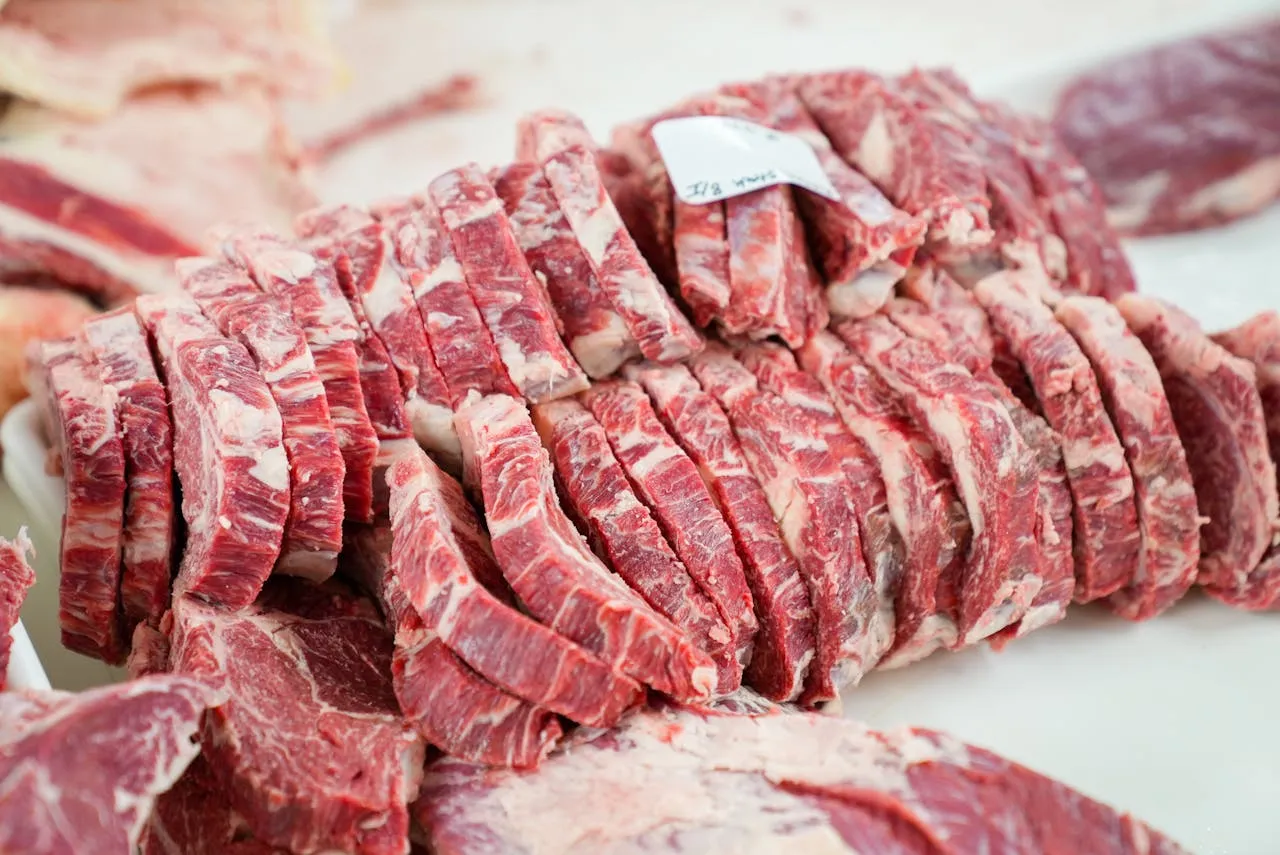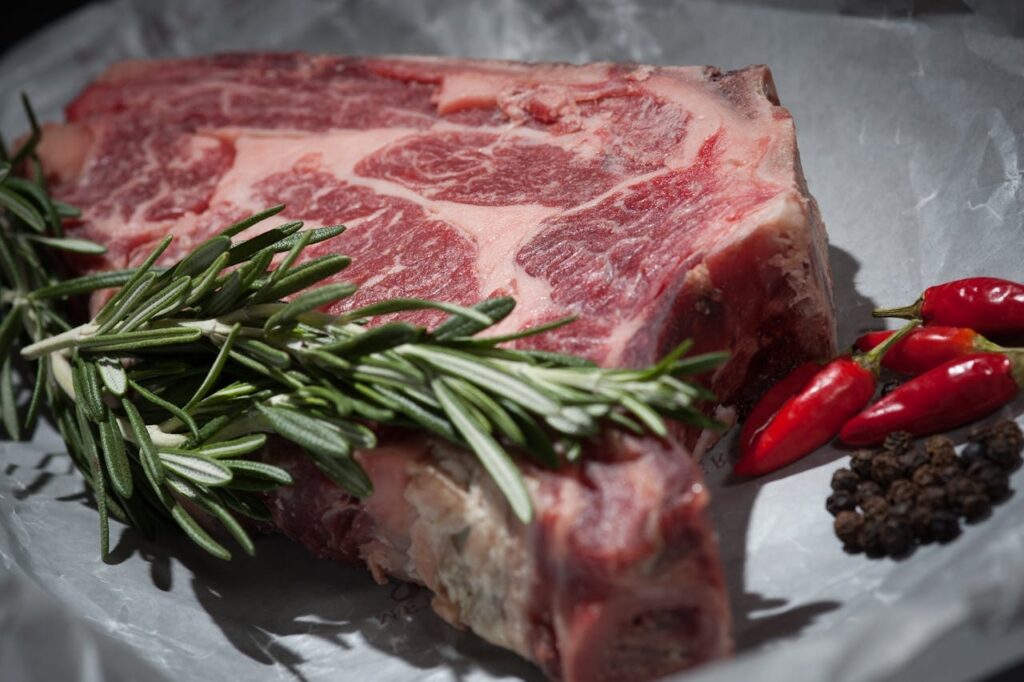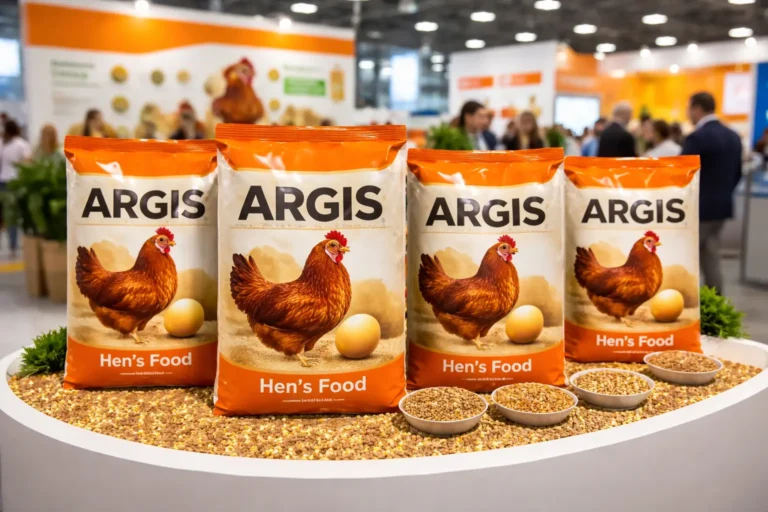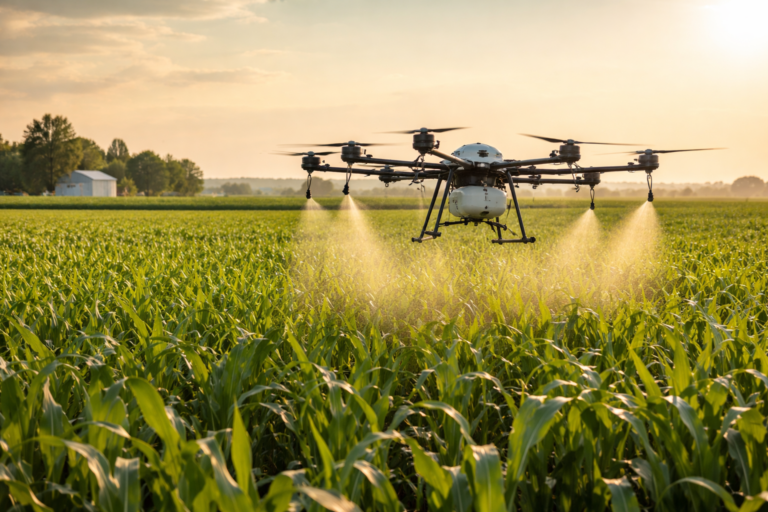
Cargill, a global leader in food and agriculture, has announced a substantial new investment of nearly $90 million into its beef processing plant in Fort Morgan, Colorado. The capital injection is part of the company’s larger “Factory of the Future” initiative, aimed at modernizing operations with state-of-the-art automation and smart technologies. The Fort Morgan plant, a critical component of Cargill’s North American beef supply chain, will undergo major upgrades over the next several years to improve operational efficiency, maximize meat yields, and enhance both safety and inclusivity for its workforce.
This latest investment builds on nearly $24 million already spent on technological enhancements at the facility since 2021. As demand for protein continues to rise globally and cattle supplies dwindle in the U.S., Cargill is doubling down on innovation to ensure the sustainability and productivity of its operations.
Transforming Meat Processing with CarVe: A Game-Changer in Yield Optimization
At the heart of this transformation is CarVe, a proprietary, patent-pending computer vision system developed in-house by Cargill. Described by company leaders as one of the most revolutionary technologies in the meat industry today, CarVe leverages advanced imaging and data analytics to measure red meat yield in real-time. This allows frontline plant managers to immediately identify inefficiencies in the cutting process and provide instant feedback to workers, ultimately boosting meat recovery rates.
“Before CarVe, yield data was always yesterday’s news,” explained Jarrod Gillig, Senior Vice President of Cargill’s North American Beef business. “Now, we’re making decisions in the moment and saving product that would’ve been lost. By applying smart technology to the problem, we’re getting more meat from every animal, reducing waste, and making protein production more efficient and sustainable from start to finish.”
Yield improvements, even in small percentages, have significant implications. According to USDA data, the United States produces more than 27 billion pounds of beef each year. A one percent increase in yield equates to hundreds of millions of pounds of additional beef entering the supply chain—an outcome that holds particular importance given the current challenges in U.S. cattle production. The nation’s cattle inventory has declined to one of its lowest levels in recent years due to drought, rising feed costs, and market disruptions.
By adopting technology like CarVe, Cargill is helping mitigate some of these industry challenges by extracting more value from each animal processed. This aligns with broader goals to promote sustainability in the protein supply chain—reducing food waste, optimizing resource usage, and ensuring more food reaches consumers.
Enhancing Safety and Inclusivity for Workers
The Fort Morgan facility employs hundreds of workers and plays a vital role in the local economy. As part of the Factory of the Future initiative, Cargill is also focused on improving the work environment. Automation and intelligent machinery are not only tools for operational excellence but also for workplace safety. By reducing the physical demands and risks associated with manual meat processing, these technologies are helping create a safer, more inclusive environment where workers can thrive.
The inclusion of real-time data systems also empowers plant teams with greater decision-making capacity, enabling a more collaborative and performance-driven culture. “These upgrades are not about replacing people; they’re about equipping our team with the best tools possible,” said Gillig.

Community Investment: Addressing Housing and Childcare Needs
Cargill’s commitment to Fort Morgan extends far beyond the walls of its processing plant. Recognizing the broader challenges facing the local community, particularly around affordable housing and childcare access, the company has taken proactive steps to support its workforce and their families.
One of the most notable community-oriented investments has been a $40 million employee housing development project. This initiative includes the construction of 27 townhomes that have already been completed, with an additional apartment complex comprising 81 units scheduled to open in the fall. The goal is to alleviate the regional housing shortage, which has been a barrier to workforce growth and stability.
In addition to housing, Cargill has awarded over $500,000 in grants to local nonprofits and organizations such as the United Way. These funds support initiatives including expanded childcare options, educational programs like first-time homebuyer classes, and other community development efforts that aim to improve the quality of life for families in the area.
“Fort Morgan plays an important part in Cargill’s critical role as a food company to the nation and the world,” Gillig noted. “By partnering with local ranchers and farmers in Colorado and the region, we’re working hard to produce more food with less impact there so we can move it to store shelves and ultimately family dinner tables across the country.”
Strategic Vision: Building a Sustainable Food Future
Cargill’s investment in Fort Morgan reflects a larger strategic vision focused on sustainability, innovation, and community resilience. The beef industry, like many other sectors in agriculture, is under increasing pressure to evolve in the face of climate change, labor shortages, and supply chain volatility. By pioneering technologies like CarVe and modernizing its facilities with smart systems, Cargill is laying the foundation for a more resilient and efficient protein supply chain.
The Fort Morgan upgrades are just one part of Cargill’s broader commitment to shaping the future of food production. The company continues to explore ways to enhance traceability, reduce its carbon footprint, and support regenerative agricultural practices through its partnerships with producers across North America.





